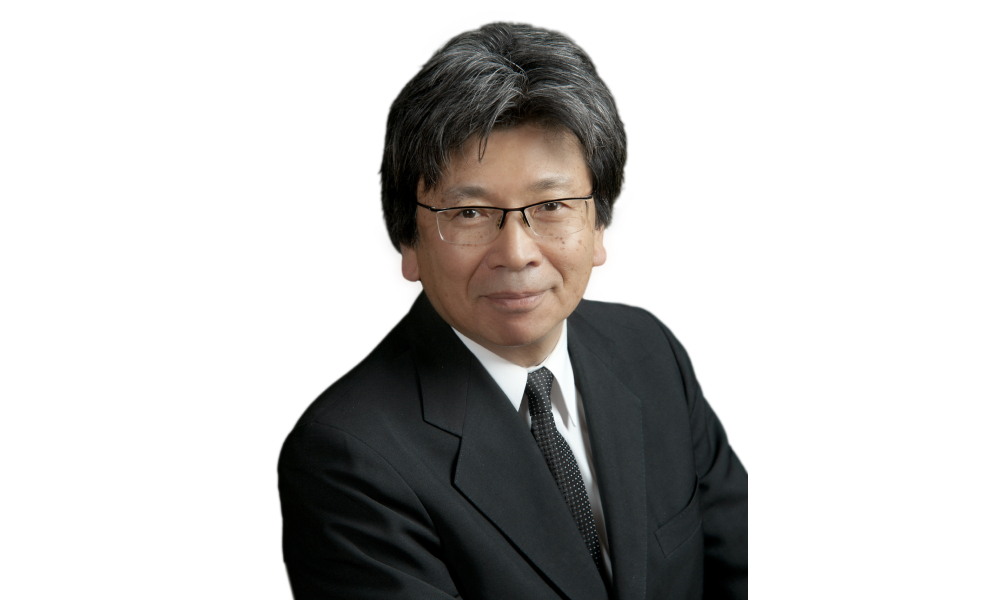Osgoode professor asks feds to disclose alleged aid to Goldcorp in human rights disputes
Shin Imai, who filed the suit, co-founded Justice and Corporate Accountability Project

By Bernise Carolino,12 Mar 2021
Shin Imai, who filed the suit, co-founded Justice and Corporate Accountability Project

By Bernise Carolino,12 Mar 2021
(Ottawa) On March 9th, the Peruvian organization Human Rights Without Borders-Cusco (DHSF, from its initials in Spanish) wrote an open letter to the Peruvian delegation at the Prospectors and Developers Association (PDAC) convention in Toronto and a more detailed letter to Canadian mining company HudBay Minerals. The letters denounce police repression against locals peacefully protesting stalled negotiations between Hudbay and the province on a freamework agreement for the company's
Brazil’s National Indian Foundation claims lack of internet connection and completion of vaccination of Indigenous people, however, 77% of the Indigenous people received the first vaccine jab in the region, and only 34% the second dose. About 994 indigenous Brazilians have died since the COVID-19 pandemic began last March
The presidents of the six associations of the Indigenous Shuar Arutam Peoples (PSHA) today released a strong statement against the Prospectors & Developers Association of Canada (PDAC) annual conference for “advertisements and events that oppose this position and confuse public opinion with illegitimate representatives paid by mining companies.”
(Sucúa, Ecuador) Josefina Tunki, president of the Shuar Arutam People (PSHA), of the Ecuadorian Amazon, today released a video regarding the complaint she has filed against Solaris Resources’ Vice-president of Operations Federico Velásquez. She alleges receiving a death threat by telephone from Velásquez.
Williams Lake, BC: Beginning on March 15th, the Tŝilhqot’in Nation will be taking part in an Environmental Appeal Board virtual hearing, challenging a permit amendment issued by a Director of the BC Ministry of Environment and Climate Change Strategy that authorized a 50% increase in discharge from the Gibraltar Mine tailings pond directly into the Fraser River. This discharge has never been subject to sophisticated water treatment; instead, the permit effectively authorizes the use of the sensitive Fraser River for dilution of the mine effluent.
In a further attempt to distance itself from the significant environmental and social costs of deep sea mining, DeepGreen Metals merged with a special purpose acquisition company (SPAC) called Sustainable Opportunities Acquisition Corp (SOAC). Hard facts refute the claims of the new entity, The Metals Company, that it will promote sustainable development and is an Environmental, Social and Corporate Governance (ESG)-compatible investment.
Background:
News by Christopher Curtis
MATAWINI RIVER, QC — They made their stand on an unpaved road in the heart of logging country.
It isn’t an ideal place to protest. Quebec’s cellular network doesn’t reach this far into the foothills of the Haute-Mauricie, and the road leading here is treacherous.
A sudden turn or a stiff pump of the brakes and you’re liable to drift into a ravine.
Stefan Christoff interviews Jamie Kneen for Free City Radio's second interview series in collaboration with the Canadian Foreign Policy Institute. Free City Radio explores ideas at the intersection of social activism and the arts.
This interview series includes: